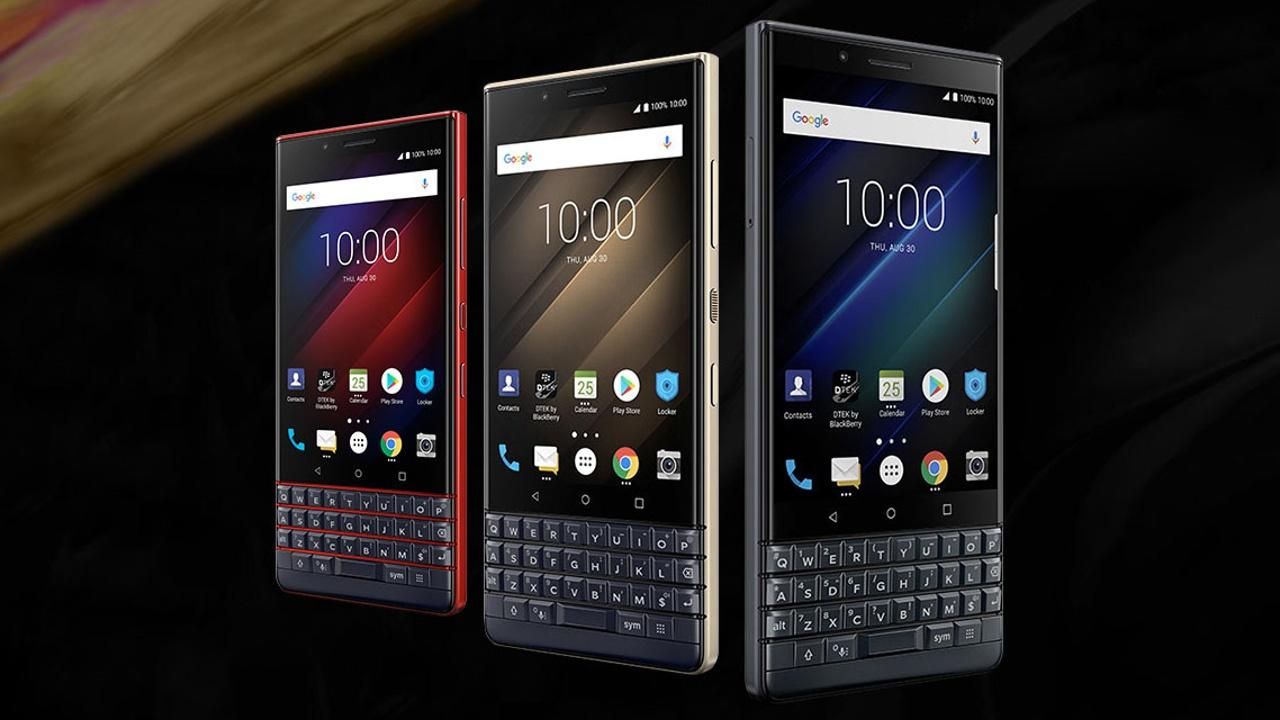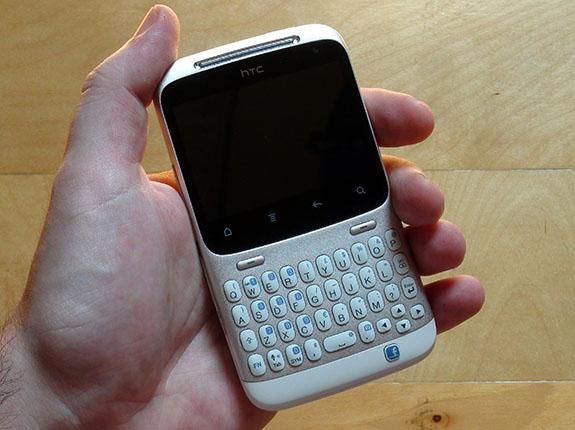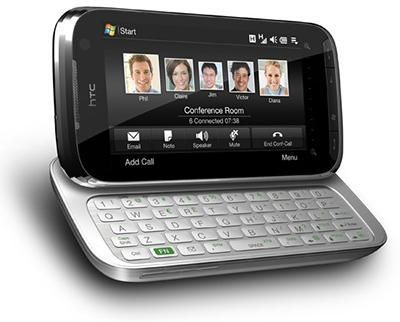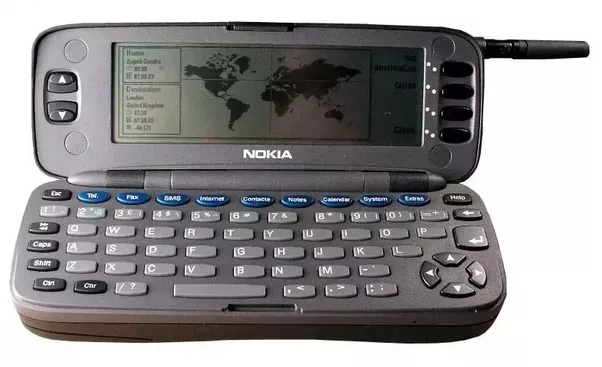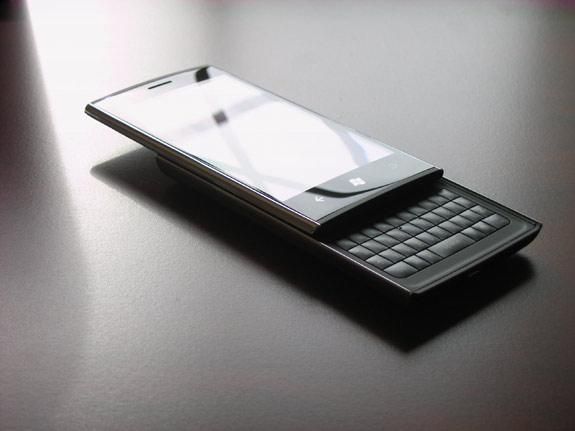One of the advantages (if any, I know: it’s a stretch) of growing older is that the older you get, the more memories and experience you gather. I was there to witness both the birth and the demise of QWERTY keyboard-equipped smartphones. From the BlackBerry Bold 9000 (which was actually my company phone at my day job in sales before Pocketnow), the HTC ChaCha, and the beloved Touch Pro2 to the BlackBerry KEYone (and its point iteration successors).
I was so good at typing on the small keys that I could pull off an entire e-mail without even looking at the keys or auto-correction, similar to how I type on a full-size keyboard. But you see, just like everything in life, there was a time and purpose for those phones, and I personally believe that said time has passed.
You see, when companies started to think about, initially, and then push to the market smartphones that had QWERTY keyboards, the entire smartphone market was in its very infancy. Not only were they just transitioning from resistive to capacitive displays, but they were pushing the resolution up from 320×200 to a whopping 640×480 VGA.
On-screen keyboards were really bad, with small keys hard to hit with a stylus to terrible, nightmare-generating auto-correct mistakes for subsequent, larger keys (just large enough to hit it precisely with your fingers on 3-point-something, or 4-at-best diagonals).
There was a need on the market to do something and improve the productivity of professionals (because, let’s face it, only they were able to afford smartphones back in the day, or the companies they worked for).
Birth and demise of the QWERTY smartphones
Enter the QWERTY keyboard on a smartphone. Sure, in the late 90s, NOKIA dipped its toes in the water with the Communicator, but BlackBerry and HTC were really spearheading the movement, as Symbian, BBOS, and Windows Mobile (somewhat later, Android) were the only usable/useful platforms.
Offering tactile feedback and an improved hit or miss ratio, QWERTY keyboards caught on fast (also, there was no fun in typing out a message or email on T9 keyboards: BlackBerry Pearl anyone?). Not only were they offering more productivity, but they became a symbol for the “modern” business professional. It solved a problem!
The demise started not long after when Apple decided to remove the problem altogether with the iPhone, and an on-screen keyboard that was actually usable. Android really caught the drift and the two started to chip away, slowly, at BlackBerry, Microsoft (Windows Mobile-powered smartphones), and Nokia.
Screens became larger and larger, on-screen keyboards became better and better, autocorrect massively improved, and soon dictation became a standard option.
We’re currently at the point where a six-inch phone is pretty “average” or “normal” when it comes to size, and FHD resolution is a “minimum”. That’s twice, sometimes thrice the size or resolution of the displays back in the day when a QWERTY keyboard was a need, or useful to begin with.
The problem with QWERTY smartphones
Regardless of which approach you think of (vertical slider, horizontal slider, below the display/split) a QWERTY keyboard either adds bulk to the phone or reduces the screen size. By this alone it creates a problem, instead of solving one (that’s no longer there).
I’ve been thinking about this topic for quite a while, and I can’t find a single usage scenario where a QWERTY keyboard would be useful in today’s smartphone landscape. If you can think of one, drop us a comment below. I’d really love to know!
In this decade, the smartphone can be easily defined by being as thin as possible, with as much display as possible taking up its front. How much sense would it make for a company, even with a strong brand behind it, like BlackBerry (with its most recent 2021 comeback rumors), to go against the grain and offer a product which, by simple definition, takes away from the experience, as we know it today?
Again, I can’t think of anything, save for the nostalgia factor, which I believe is not enough for a product to justify its existence. Maybe it’s just me, but whatever it is that you’re planning with it, BlackBerry, please don’t count on me. I’ll pass! And no, it’s not personal: I’m passing on all physical QWERTY keyboards on smartphones, regardless of make or model. Will you?
Thanks for reading! Welcome to The Editor’s Desk!

